Changing from electric to natural gas
ohmmm_gw
14 years ago
Related Stories

DECORATING GUIDESNature’s Color Wisdom: Lessons on Green From the Great Outdoors
Green will grow on you for interiors when you look outside for ideas on how to use it
Full Story
LIVING ROOMSHow to Convert Your Wood-Burning Fireplace
Learn about inserts and other options for switching your fireplace from wood to gas or electric
Full Story
REMODELING GUIDESBoost Your Energy With Natural Light
Abundant natural light saves electrical energy and can lower energy bills, but the best benefit may be to your own energy and spirit
Full Story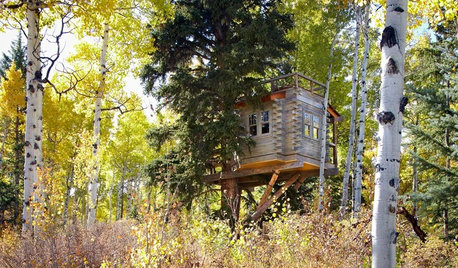
TREE HOUSESSwaying From Sleepovers to Dinner Parties in a Colorado Tree House
Folks of all ages have it made in the shade in this fun little house, thanks to electricity, a kitchenette and a rooftop deck
Full Story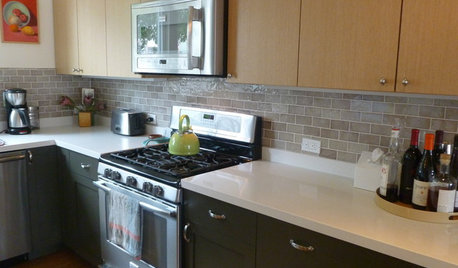
KITCHEN DESIGNPearls of Wisdom From a Real-Life Kitchen Remodel
What your best friend would tell you if you were embarking on a renovation and she'd been there, done that
Full Story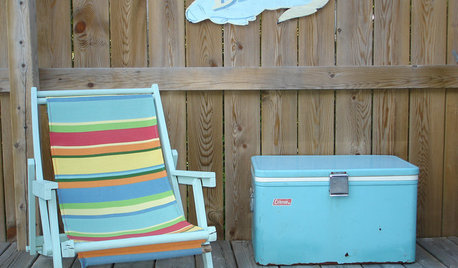
FUN HOUZZDon’t Be a Stickybeak — and Other Home-Related Lingo From Abroad
Need to hire a contractor or buy a certain piece of furniture in the U.K. or Australia? Keep this guide at hand
Full Story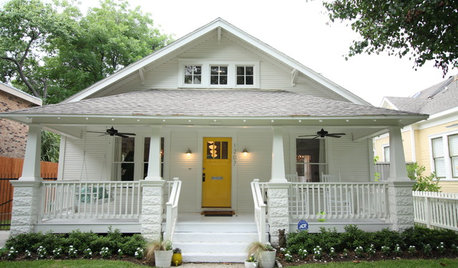
HOUZZ TOURSHouzz Tour: From Shocker to Stunner in Houston
Once moldy and decrepit, this 1920s bungalow is now a neighborhood gem
Full Story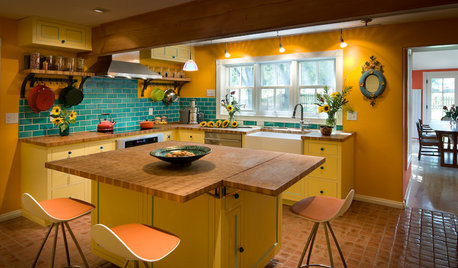
COLORFUL KITCHENSKitchen of the Week: From Style Mishmash to Streamlined Farmhouse
Vibrant colors and rustic materials give an 1800s Colorado kitchen a thoughtful contemporary update
Full Story
BATHROOM DESIGNTake Cues From Japan for a Zen-Like Bathroom
Escape stress the Japanese way: with a blissful soak in a tub amid natural materials and minimalist beauty
Full Story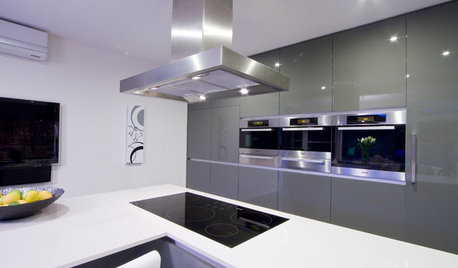
KITCHEN APPLIANCESFind the Right Cooktop for Your Kitchen
For a kitchen setup with sizzle, deciding between gas and electric is only the first hurdle. This guide can help
Full StoryMore Discussions








User
ohmmm_gwOriginal Author
Related Professionals
Arlington Handyman · Millbury Handyman · University City Kitchen & Bathroom Remodelers · Holden Kitchen & Bathroom Remodelers · Plainview Kitchen & Bathroom Remodelers · Broadlands Kitchen & Bathroom Remodelers · Fort Pierce Kitchen & Bathroom Remodelers · New Port Richey East Kitchen & Bathroom Remodelers · Pico Rivera Kitchen & Bathroom Remodelers · Port Charlotte Kitchen & Bathroom Remodelers · Saint Augustine Kitchen & Bathroom Remodelers · Schiller Park Kitchen & Bathroom Remodelers · Terrell Kitchen & Bathroom Remodelers · Tuckahoe Kitchen & Bathroom Remodelers · Weymouth Kitchen & Bathroom Remodelersheimert
User
ohmmm_gwOriginal Author
User
joannaca
weedmeister
davidandkasie
ohmmm_gwOriginal Author
User
ohmmm_gwOriginal Author
User